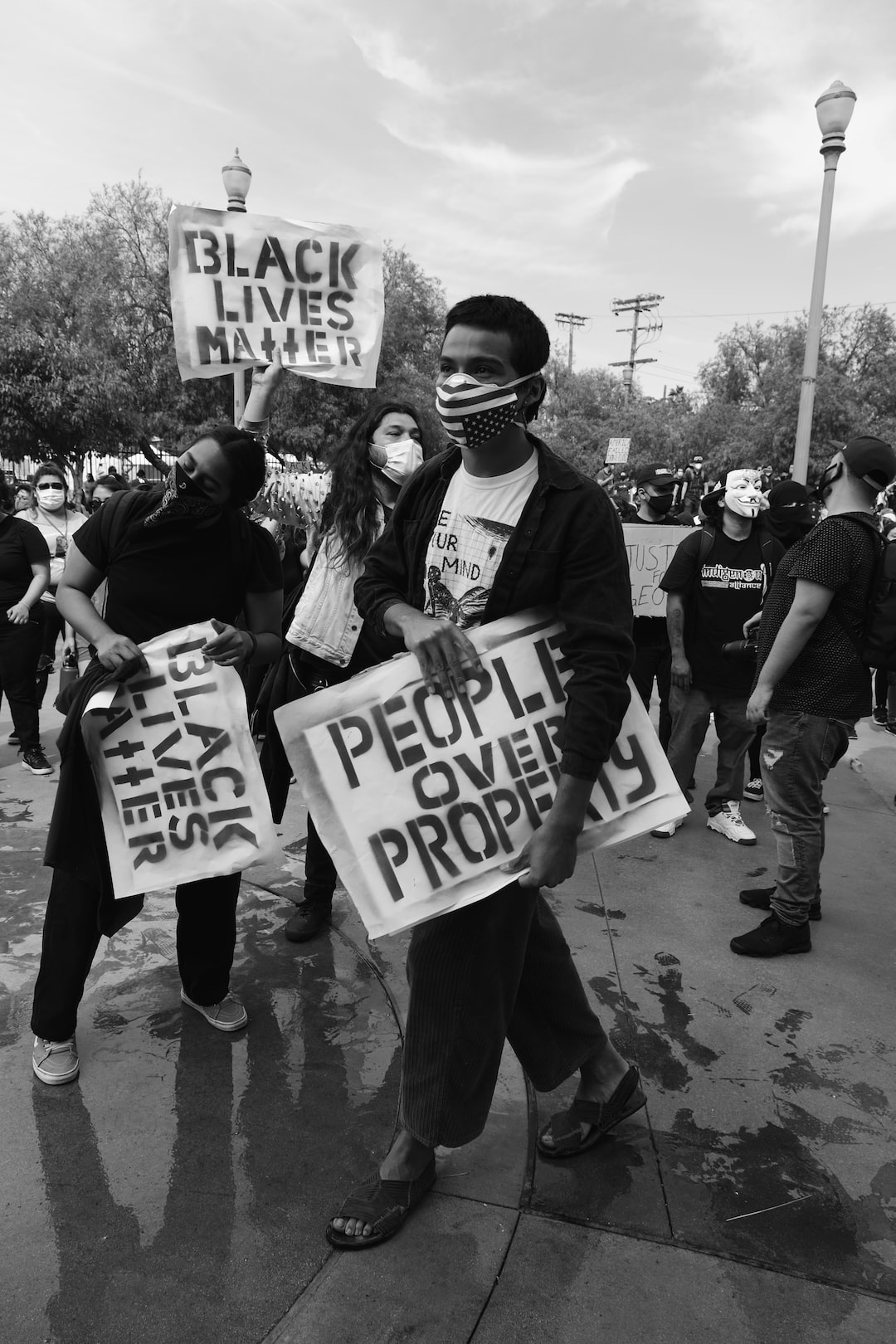The Power of Social Media: Its Influence on Politics and Activism
In today’s digital age, social media has become an influential force that has revolutionized various aspects of our lives, including politics and activism. With the rise of platforms like Facebook, Twitter, Instagram, and YouTube, individuals from all walks of life now have the power to amplify their voices and bring about tangible change. This blog post explores the immense power of social media in shaping political discourse, mobilizing movements, and transforming societies.
Firstly, social media’s ability to disseminate information rapidly and widely has significantly impacted political discourse. Previously, traditional media played a central role in shaping public opinion by acting as gatekeepers of information. However, social media has disrupted this dynamic by enabling individuals to directly access and share news, opinions, and analysis without any intermediaries. This accessibility has allowed diverse voices to be heard, ultimately leading to a more democratic dialogue on political issues.
Moreover, social media has become a crucial tool for political mobilization and activism. Activists and grassroots movements have turned to platforms such as Twitter and Facebook to organize protests, spread awareness about social injustices, and rally support for their causes. The real-time nature of social media allows for rapid coordination, amplifying the impact of these movements. Examples like the Arab Spring and the global Black Lives Matter movement demonstrate how social media can galvanize people, dismantle oppressive regimes, and hold governments accountable.
Furthermore, social media has enabled politicians to engage directly with their constituents, bypassing traditional communication channels. Platforms like Instagram and Twitter have allowed politicians to project a relatable and authentic image, humanizing them in the eyes of the public. This direct interaction has helped bridge the gap between citizens and their representatives, fostering a sense of transparency and accountability in politics. It has also opened up new avenues for politicians to gather feedback, understand public sentiment, and address issues that matter to their constituents.
However, while social media has certainly increased access to information and facilitated political activism, it is not without its drawbacks. One such concern is the spread of misinformation, propaganda, and fake news. The viral nature of social media makes false information spread rapidly, without proper fact-checking or accountability. This misinformation has the potential to polarize societies, influence elections, and undermine the democratic process. Therefore, it is crucial for social media platforms, users, and governments to work together to combat misinformation through proper regulation and media literacy campaigns.
Additionally, social media has been criticized for creating echo chambers and filter bubbles, where individuals are exposed predominantly to information that aligns with their existing beliefs and biases. This reinforces existing divisions and hinders meaningful dialogue between different political factions. To mitigate this problem, platforms need to prioritize algorithms that expose users to diverse perspectives, helping to foster a more informed and balanced debate.
In conclusion, social media has emerged as a powerful force in influencing politics and activism. Its ability to disseminate information rapidly, mobilize movements, and empower individuals has transformed the way we engage with politics. Although there are challenges such as the spread of misinformation and filter bubbles, these issues can be addressed through responsible use, regulation, and user education. As social media continues to evolve, its impact on politics and activism is bound to grow, making it essential for us to harness its power for positive change in our societies.
